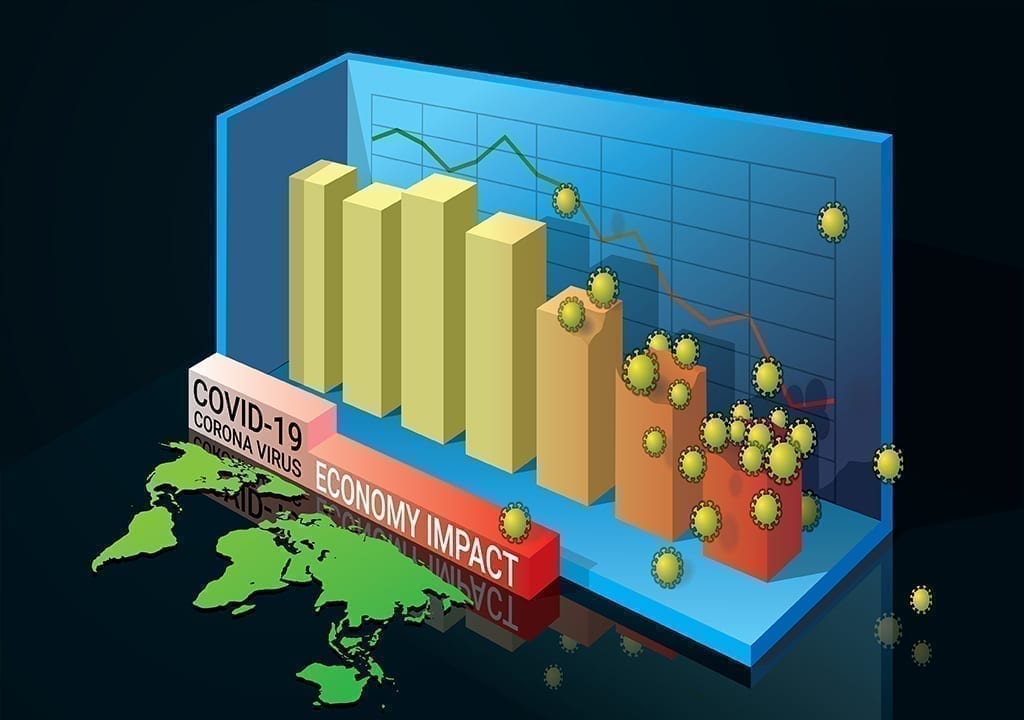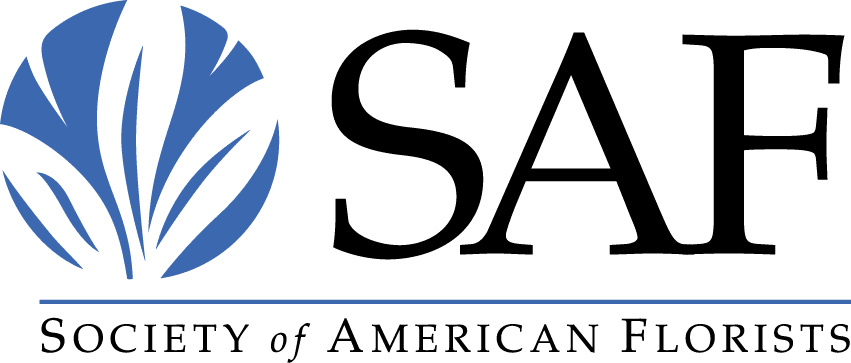 The U.S. economy is likely “already in a recession — the key is how long it will last,” said floral industry economist Charlie Hall, Ph.D., during a March 26 Society of American Florists webinar. Hall put the challenges posed by COVID-19 into context, explaining the factors at play and sketching a few possible scenarios for the near future.
The U.S. economy is likely “already in a recession — the key is how long it will last,” said floral industry economist Charlie Hall, Ph.D., during a March 26 Society of American Florists webinar. Hall put the challenges posed by COVID-19 into context, explaining the factors at play and sketching a few possible scenarios for the near future.
A key takeaway from Hall, the Ellison Chair in Texas A&M University’s Department Horticultural Sciences: It’s still possible for floral industry members to employ strategies that strengthen their position now and better prepare them for whatever is coming down the pike.
Here are some of Hall’s other main points from the SAF webinar:
The shape of the recovery depends entirely on COVID-19. Right now, forecasting the future is nearly impossible, he said. The downturn could last three months, 12 months, or two years. The economy could tick back sharply upward, or it could bottom out and come back only gradually. It all depends on unknowns, such as how soon testing can be made widely available, what resolve is shown by governments in maintaining measures to prevent the virus from spreading, and how long it takes to develop a vaccine (12-18 months, in the estimate of Anthony Fauci MD, director of NIAID, the National Institute of Allergy and Infectious Diseases).
That being the case, this is a good time to defer any strategic decisions, Hall advised. Wait until we have some real data for those, he said, rather than going on gut feel.
In the meantime, build flexibility into all of your standard operating procedures. As the pandemic progresses, businesses should expect and plan for employees getting sick. And because people generally work in teams, illness is likely to occur in clusters. What can employers do? Identify critical functions and make sure you have a backup for the person in charge — and a backup for the backup.
The supply chain is another potential liability. (For more information on the supply chain from the week of March 23, read “Growers, Importers Talk Supply Chain Strain”). Where you see risk, work proactively to develop alternatives and make adjustments, said Hall: “If nothing else, when this is over with you will have identified the potential bottlenecks in your supply chain and made plans for contingencies when another unforeseen event comes along.”
Other elements of a business plan that can help prepare you for any downturn include:
- Make sure you are not over-leveraged. “By over-leveraged, I mean that the bank doesn’t have more skin in the game than you do,” Hall explained.
- Manage your working capital. When cash flow is tight, defer capital expenditures where you can (but make it a priority to pay your suppliers within their terms, Hall advised). If banks, credit card companies, or mortgage holders offer deferrals, take advantage of that to increase your working capital. If you have an open line of credit, consider drawing on it to make sure you have cash when you need it. , Go ahead and transfer short-term debt into long-term debt. “You’re not really worried about increasing your debt load at this point,” said Hall. “You’re worried about survival.”
- It goes without saying, keep your operations lean and efficient.
- And finally, communicate your value proposition in such a way that people see your product and service as “essential”— a necessity rather than a luxury.
That word “essential” is a big deal. Business closures have been mandated in many places where a lockdown order is in place, but with an exemption for “essential” businesses. The definition of “essential” varies from state to state, said Hall, and in some places (like Texas, where he is from) from county to county. (SAF has a list of state rules. Find that here.)
“So much research has been done about the health benefits of flowers,” Hall pointed out — research that is available in a variety of clear, persuasive, easily shareable formats on the SAF website. “This is a health crisis, for goodness’ sake,” he said. “Flowers are part of the answer, and we need to get that message out.”
Usually, during any sort of crisis or economic contraction, marketing is the first expenditure that gets cut back. “Right now, we should be doing the opposite,” said Hall.
Hall’s webinar took place before the federal government passed its latest financial aid packages, but he also shared strategies on securing loans and other financial resources. For instance, whether applying for a loan or tapping a line of credit with your bank, be sure to document how COVID 19 has impacted your business. Be prepared to quantify it, said Hall, “so it’s not just, ‘My business is hurting, therefore I need cash.’ That’s not going to cut it.”
Tell your banker about your contingency plan, Hall counseled: “‘These are the things that I’m doing in order to counter the effects of the business closures and the effect it’s having on consumption. This is what I’m doing to help keep my people employed. This is what I’m doing to maintain my role in the supply chain.’ And tell them why it’s important—tell them about the health benefits of flowers.”
Talking to a banker, of course you need financial statements to get your foot in the door — but “what’s going to impress the banker is whether or not you have a vision for where you’re going to take your business,” said Hall. “Because the banking relationship is a relationship, first and foremost. Any banker will tell you that — any banker worth his or her salt.”
Watch Hall’s full presentation.
Bruce Wright is a contributing writer for the Society of American Florists.





